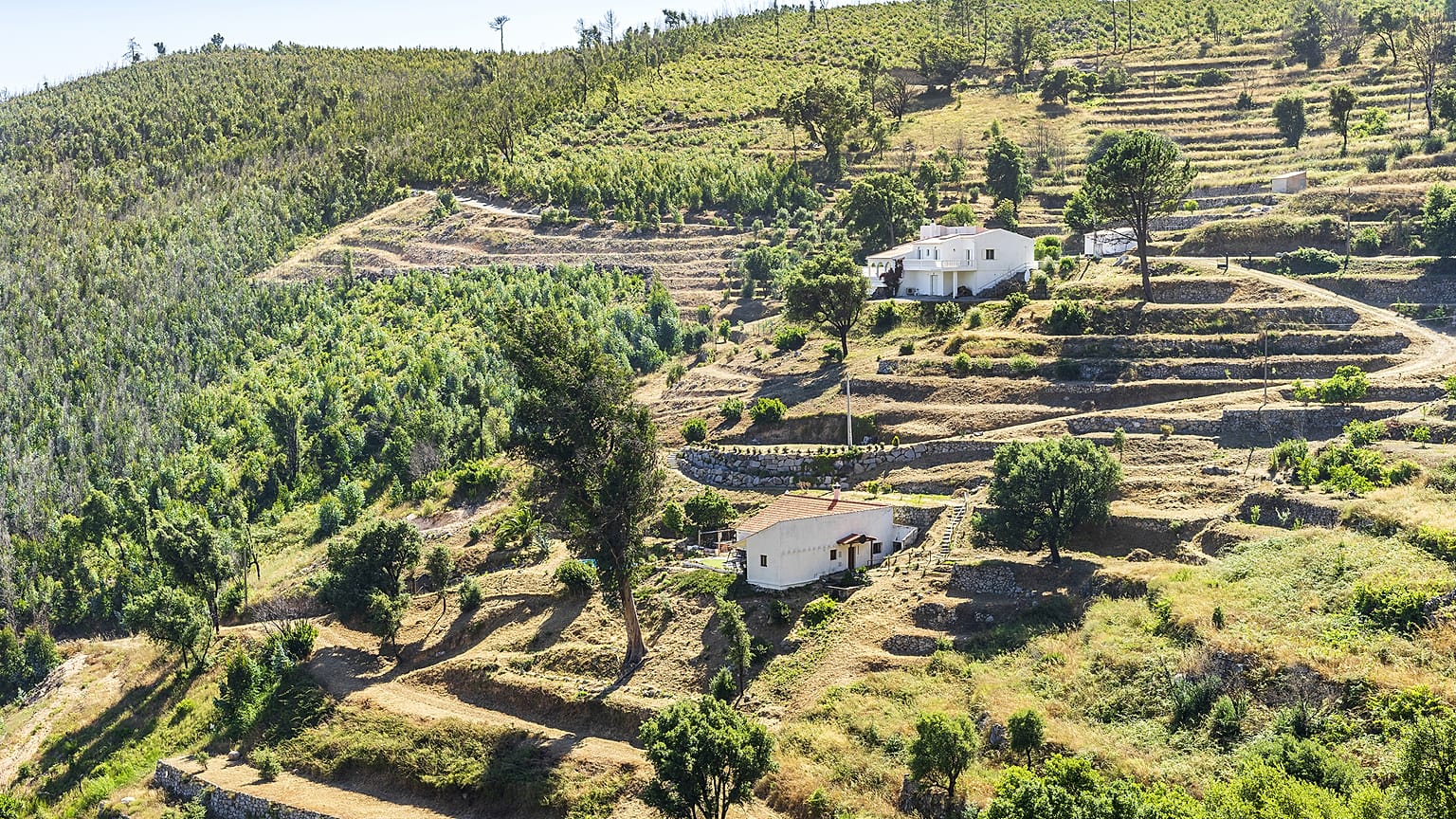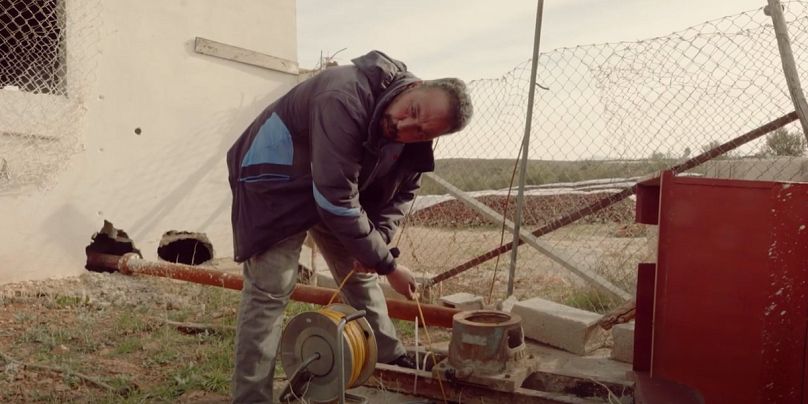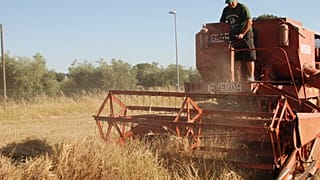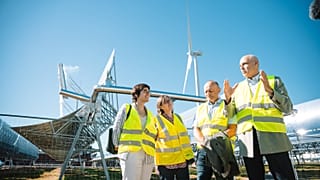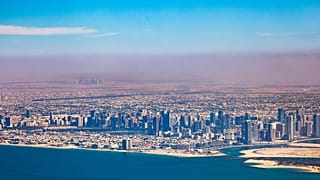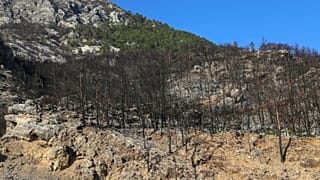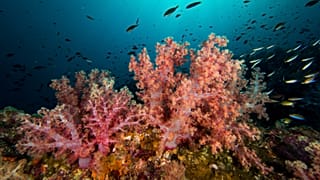By Annabel Murphy and Laura Tucker
 ADVERTISEMENT
ADVERTISEMENT
 ADVERTISEMENT
ADVERTISEMENT
Water, an essential natural resource to life on earth, is under threat. Water scarcity and insecurity, driven largely by climate change, have become critical issues worldwide, further exacerbated by inefficiencies in water use and management.
With the hottest year on record in 2023 and several areas worldwide affected by widespread drought, the issue of water scarcity is reaching boiling point. In India, the problem is so bad that farmers are at war with each other for their fair share of rapidly diminishing water resources, while in France, local conflicts over water have turned violent.
Rethinking groundwater during drought
Groundwater is at the centre of water management challenges, supplying 65 per cent of drinking water and 25 per cent for agricultural irrigation in the 27 EU Member States.
The main pressures on groundwater are overexploitation and climate change, particularly in regions experiencing urbanisation and population growth, with groundwater depletion leading to a whole host of negative effects.
Like many parts of Southern Europe, southern Portugal is experiencing drought and a decline in rainfall which has impacted the productivity of the region's agricultural sector, explains Vânia Sousa, environmental researcher at the University of Algarve.
“With the effects of climate change, we don’t expect the drought to ease. We need to work together on new sustainable solutions to help solve regional water scarcity,” she stressed.
The eGroundwater project
Led by environmental scientists from the University of Algarve and supported with climate data such as irrigation forecasts and historical weather patterns, the ‘eGroundwater’ project is a mobile application centred around a collective, citizen-driven approach to ground water management.
The eGroundwater platform aims to give farmers and groundwater users consolidated information on the condition of water supplies and technical specifications while also allowing users to upload and share their own data.
The app incorporates seasonal meteorological forecasts from the Copernicus Climate Change Service (C3S) which are used to anticipate cumulative precipitation in agricultural areas. This helps farmers predict their water quota and optimises the use of water during irrigation season.
Additionally, CMIP6 climate projections from C3S are used to communicate future recharge scenarios and anticipate how climate change can impact groundwater levels. This information is presented to groundwater users during workshops, for feedback and to design pathways for adaptation in line with future groundwater availability.
Paradigm shift in water use and management
Innovations such as the eGroundwater application present a paradigm shift in water use and management, putting the power back into the hands of water users. The approach is proving successful in nearby regions including Morocco, Algeria and Spain.
Vânia Sousa, who is spearheading the programme, says a big part of the success so far is transparency and accountability – but it all starts with collecting and inputting climate data.
“One of the most critical issues on groundwater management is data scarcity. Big Data and Enhanced Information Systems (EIS) are key to overcoming this obstacle by providing users and managers useful, precise and sound data and information.”
The platform facilitates water usage simulations, co-building of new management scenarios, setting up of a citizen information system on groundwater availability and dynamics that underpin the eGroundwater solution.
Copernicus data supports farmers
Increasingly, Copernicus Climate Change Service (C3S) is working to support the development of practical environmental solutions such as the eGroundwater solution.
Their data gathering techniques span earth observation systems (drones, remote sensing) and automatic sensors (soil moisture levels) – tools which help communities and businesses prepare for a changing climate.
Data on soil quality, for instance, can indicate whether crops have the optimal amount of water and reduce irrigation as much as 20 per cent without decreasing productivity.
“These innovative solutions that combine science together with human needs and behaviour work and it's vitally important new solutions are explored as we head into another potentially dry and hot summer,” Sousa said.
Beyond eGroundwater, Copernicus offers a vast variety of satellite and in-situ climate data and monitoring services to support environmental management, with initiatives such as the Global Drought Observatory (part of the Copernicus Emergency Management Service).
In Europe, initiatives using Copernicus data include the NERC-funded European Groundwater Drought Initiative and FutureWater's Groundwater Drought Index, currently being tested in Southern Spain where unsustainable groundwater development threatens water security as well as protected ecosystems.
A pilot for the future
In the Algarve’s Campina de Faro aquifer case study, early interest in the eGroundwater project among farmers suggests an openness in the region for a structural solution to water scarcity.
The project’s activities have also helped University of Algarve researchers develop an increased understanding of human pressures acting upon the aquifer system, hydraulic behaviour and relationships with connecting water bodies.
Whilst early-stage obstacles are par for the course, such as uncertainty on current distribution, low user trust and a lack of incentive for farmers to track their water use, scientists are confident initiatives like these will continue to be explored, particularly in regional environments where it's easier to manage.
“Whilst it is an early stage in this pilot program, there are strong signs this could be a much more efficient and happier process for both agricultural issues and tourism users. Socially, it is bringing good outcomes as we feel more accountable to our peers than to governments in a faraway city.
“For this reason, I really think that local, place-based movements are key to building resilience to climate impacts and events such as droughts,” Sousa concluded.
